In recent months we have had several forum threads, which naturally tend to throw up onward topics worth headlining. Here, I will headline some observations on implication logic in deductive and in inductive reasoning.
However, first, the core of the logic of implication.
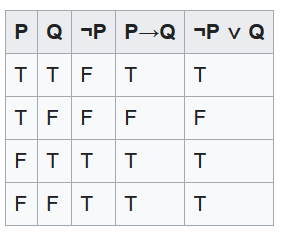
Algebraically, p => q is analysed as ~[p AND ~q]. Interpreted, for whatever reason, p being so is sufficient for q to also be so. This compound proposition does NOT assert that p, only that p is sufficient for q. Similarly, q is NECESSARY for p, i.e. if q can be false and p true, q is not implied by p.
As a bare structure, this is termed material implication, fleshing out the why of the implication brings in issues of cause, logic of being, mathematical relations, semantics, imposed conditions in a process flow etc.
As a subtlety, if we apply this structure to the classic syllogism,
A: Socrates is a man
B: Men are mortal
_____________________
C: Socrates is mortal
. . . we will see that p = [A AND B] with p => q entails that
[A => q and/or B => q ]
It turns out, yes. The propositions in the syllogism overlap and interact, one draws out and applies a meaning implicit in the other. The set, men is a subset of the set, mortals. That Socrates is a man only stipulates that Socrates is a member of that subset of mortals. Socrates is a man is sufficient for his mortality, and Men are mortal is sufficient for any particular case of man to be mortal. Syllogisms and implications interact in unexpected ways, sometimes. But that is where insights surface.
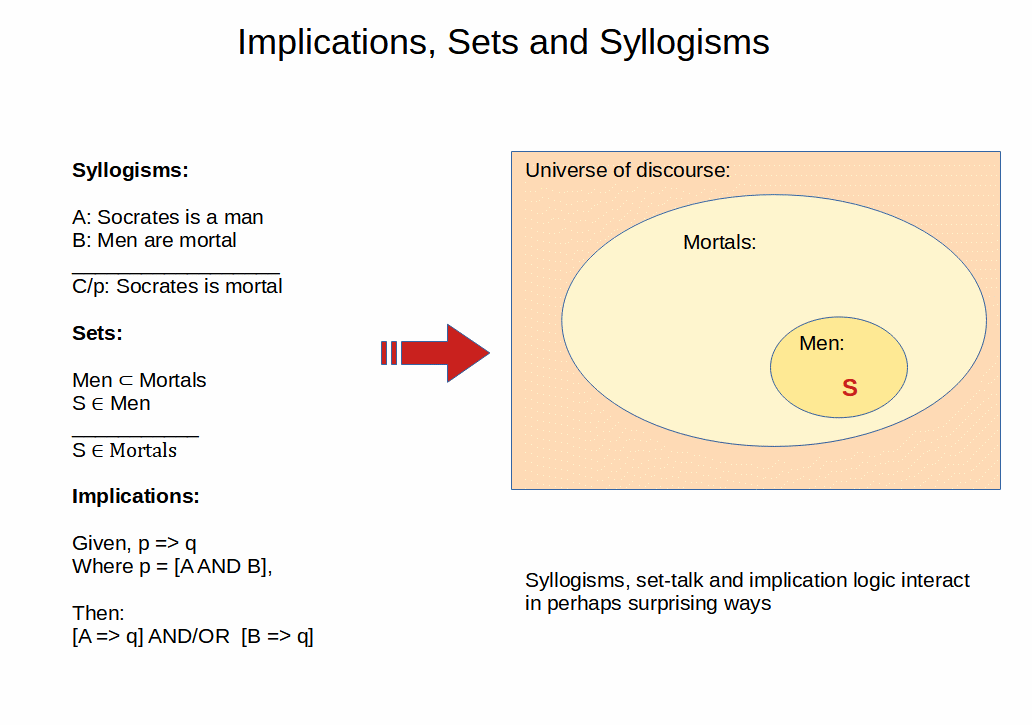
Yes, too, a similar analysis can be done on the truth table equivalent form, ~p AND/OR q; as is shown. (I here emphasise the inclusive or rather than the exclusive one [XOR], vel not aut as Latin distinguishes.)
The second form surfaces a hidden property, the principle of explosion.
A false antecedent, p, can and does often entail a true consequent q; however it is also prone to imply false ones. A true antecedent will only imply true consequents. That is a key property, truth preservation. Also, this is where ex falso quodlibet comes from: when p is [x AND ~x], it materially entails anything, becoming an expression of meaninglessness. That said, in modelling we often pose a “simplified” antecedent to derive correct results in a tested zone of reliability.
That becomes important in science and engineering. In the latter as models are a major design technique. In science as we see that hypotheses and theories are not shown to be strictly true by predictive success, only to be empirically reliable in a given domain of successful testing. Our confidence in theories ought to be tempered by the concept that a scientific law, hypothesis or theory boils down to being at best an empirically reliable, possibly true model. Sometimes, not even that. (The pessimistic induction that across times many grand theories generally taken as true failed empirically, beckons.)
With that in mind, we now may clip our comment of interest, to see how implication works out on the ground so to speak. Here, I assert that “[t]he role of implication logic is central, both as proof structure and explanation structure.” Expanding:
[Law/Duty thread, 1184;] Where, p => q, we are often tempted to reason
p => q but I reject q, so I reject p,
however, when p is self-evident, that rejection clings to absurdity:
I reject p, but p is self evident means ~p is absurd [in various ways]However, we can arbitrarily redefine terms, manipulate opinion, play lawfare, build up corrupted systems and the like to support ~p, especially when entrenched interests and ideological agendas are at stake. History since 1789 and especially from 1917 speaks on this in rivers of blood and tears.
Such leads to a breakdown of rationality, organisations, societies and more.
Likewise, where q is a composite of observations o1, o2 . . . on
We may ask, which p currently best explains such of p1, p2 . . . pm
At an earlier stage, we may examine the set of observations to sketch out possible explanations.This is abductive reasoning, a key form of modern sense inductive logic.
We propose criteria of ranking, typically tied to factual adequacy, coherence and balanced explanatory power [ elegantly simple, not simplistic or ad hoc]
This introduces issues of discernment and judgement as is typical of inductive reasoning
In this process, self evident first principles and duties are involved but are not generally sufficient to determine the overall decision. Prudence becomes pivotal and so the habitual discipline to build it up is vital to intellectual thriving.
Factual adequacy is an appeal to truth [and, when is a claimed fact so is material].
Coherence is an appeal to right reason and principles of logic including distinct identity and close corollaries non contradiction and excluded middle.
Explanatory balance involves discernment and the whole involves prudence including the judgement when a conclusion is well warranted.
So, when such are systematically undermined in a culture, the ability to think reliably and soundly is undermined.
For practical import, look all around.
We now see how first duties of reason pervade real world rational inference. First, in logic of implication, with p as a self-evident truth as a key special case. If you doubt the reality of self-evidence, let me add a further clip to show by example that self-evident truths do exist:
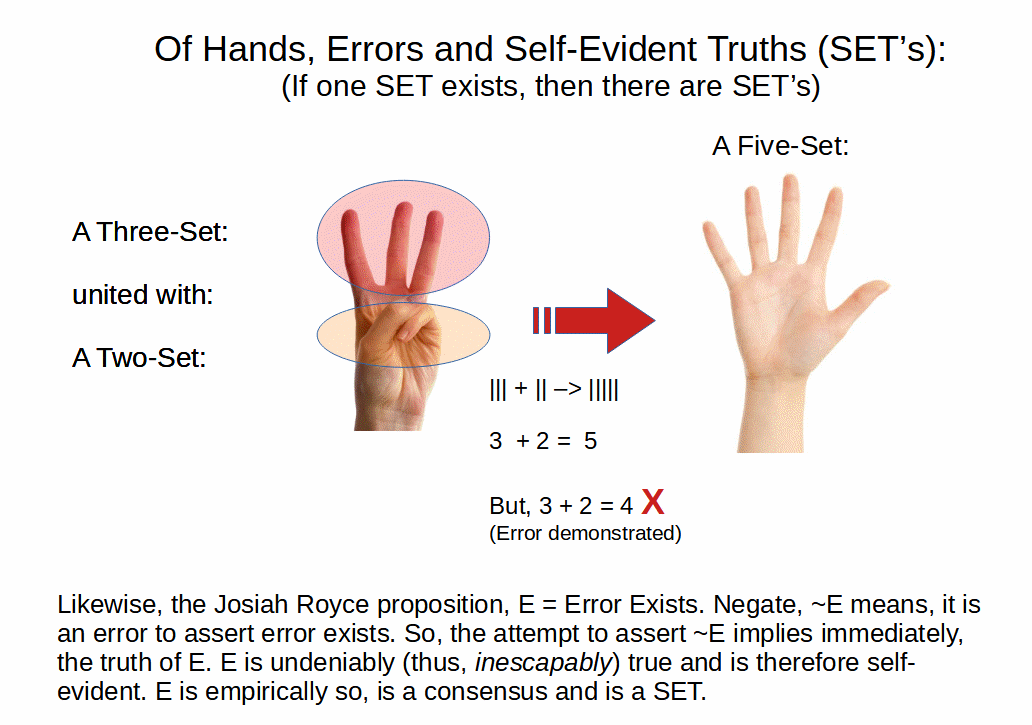
[Laws/duties, 1172:] 1] || + ||| –> |||||, symbolically, 2 + 3 = 5; undeniable on pain of absurdity and demonstrating that the class is non-empty. Split your fingers into a two set and a three set, join them as a five set.
2] The Josiah Royce proposition: E – error exists. This is manifestly familiar from sums exercises with red X’s. But it is not just a massively empirically supported truth and one that is a general consensus. It is undeniable. Let the denial be ~E. Already to assert ~E entails, it would be an error to assert E. So, undeniably, E. E is true, undeniably, necessarily, self evidently true. It is also warranted to incorrigible certainty. It is empirically discoverable and a widespread consensus. It is known truth. Accordingly, general skepticism denying possibility of knowledge, fails. So do radical relativism and subjectivism, which deny the possibility of objectively warranted and undeniably demonstrated knowledge.
3] Moral case study and yardstick I: it is self evidently wrong, willfully wicked, inherently criminal and evil to kidnap, bind, sexually torture and murder a young child for one’s pleasure. Those who deny or dismiss or evade this do not overthrow the truth, they simply reveal their absurdities or worse. This also shows that the weak and inarticulate have rights and are owed justice. Might does not make right, manipulation does not make rights out of thin air.
Next, in abductive form inductive reasoning. The evaluation of which candidate explanation best accounts for empirical observations draws on appeals to first duties of reason even more intensely than deductive forms that rely on our implicitly accepted duties to truth and rationality, prudence and so too warrant.
Yes, things are that dire. We need to go back to and start afresh from clarifying ABC first principles to sort out where we are; when as a civilisation we ought instead to have long since been a shining example and teacher to the world. END
PS: Just to make it crystal clear where this leads, first the plumb line test:

So, too, for example, we see the first truths of logic:
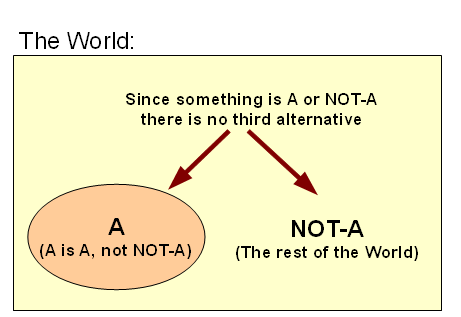
And, here are more, set in the context of first duties of reason . . . unlike a computer or a rock, we can choose to disregard logic, truth, prudence etc:
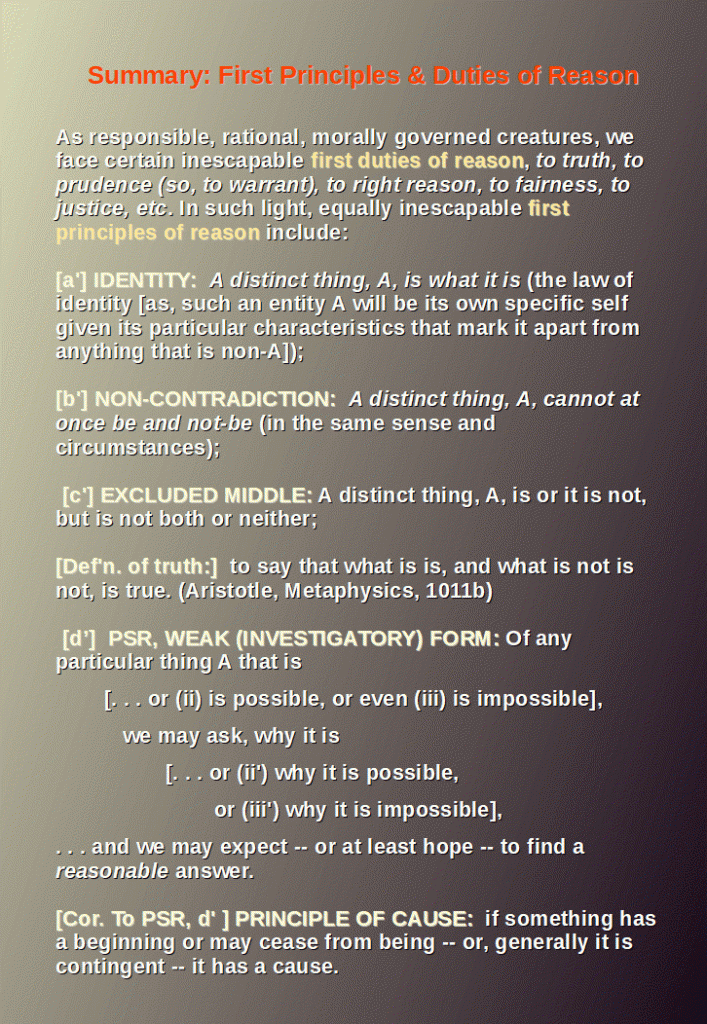
Inescapable? The objector, to gain rhetorical traction invariably appeals to our implicit recognition of the first duties, and the one who tries to prove them does so too. These are therefore first duties that pervade reasoning and by and large move us to acknowledge them (save when it is too inconvenient).